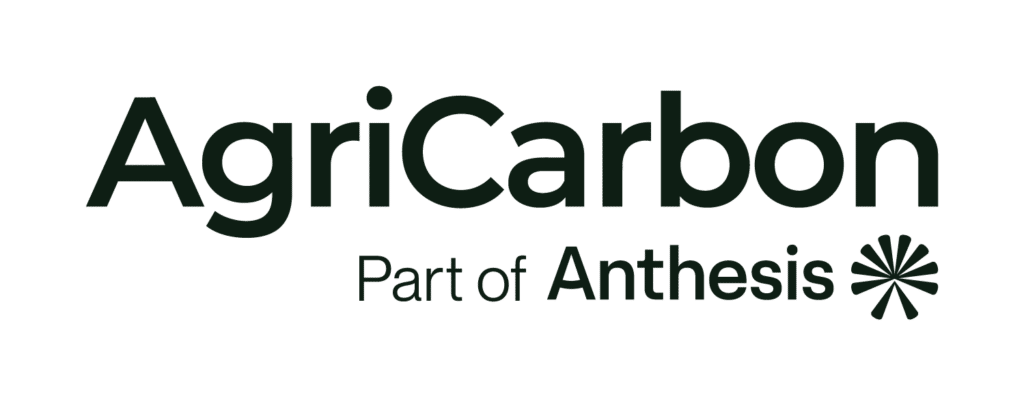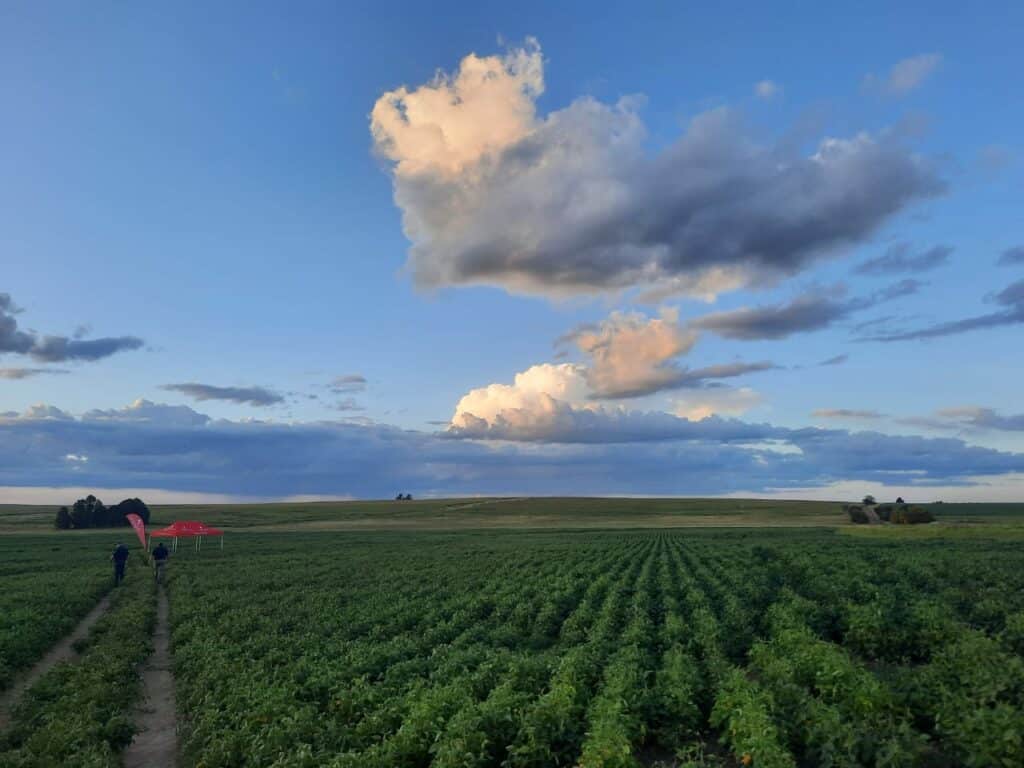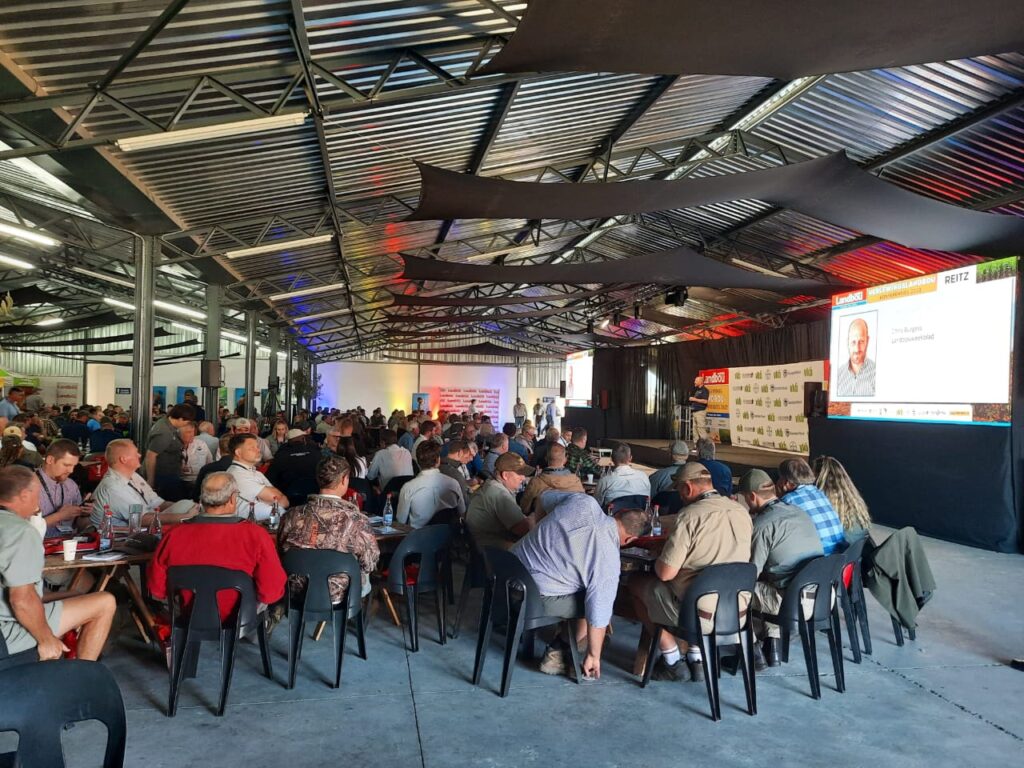By Dr. Stephano Haarhoff
It was once again time for the popular Landbouweekblad Regenerative Agriculture conferences in Reitz and Ottosdal. As always, the main theme was to provide farmers with new soil, crop and livestock management approaches, enabling them to transform their current grain and mixed crop-livestock farming systems to be more climate-smart and economically sustainable over the long-term. This theme aligns with Climate Neutral Group’s (CNG) AgriCarbon programme, which rewards farmers for adopting regenerative agriculture practices and building soil health.
The main message from the local and international guest speakers was to focus on profit rather than yield. Yield-driven farming systems generally require costly external inputs exposing the farmer to high economic losses if poor weather conditions occur. According to Rick Clark, a successful Regenerative Agriculture farmer from the USA, using soil biology to build soil health is the basis for a successful farming-for-profit approach. Other big drivers are the inclusion of livestock and crop diversification to improve nutrient cycling and increase soil carbon stocks.
Presentations were complimented by field station visits to see how cover cropping and ultra-high density grazing practices work in practice. Compaction challenges and imbalanced pH levels were discussed, and how farmers can tackle them throughout the transition from conventional to regenerative practices.
The message from these conferences was clear. Farming systems should be designed to be flexible so that they can change according to environmental changes, farming system needs and soil/water status. This is critical for South African farmers who are constantly battling unpredictable rainfall patterns and temperatures.
As a significant role player in driving the uptake of Regenerative Agriculture, the AgriCarbon programme aligns itself with farmers to help them meet their challenges. The AgriCarbon team provides professional guidance for farmers on carbon credits and associated farming practices, thereby promoting a shift towards the sustainable food production practices. The AgriCarbon team was happy to be represented at the conferences by programme agronomist, Dr Stephano Haarhoff, who has specialised in regenerative row crop production systems. His previous work on no-tillage and conservation agriculture systems has provided him with insights regarding the benefits and challenges associated with Regenerative Agriculture. Dr Haarhoff plays a vital role in supporting farmers in their transition from conventional to Regenerative Agriculture. At the two events he was able to network and discuss Regenerative Agriculture with farmers and other industry role-players and in return incorporate the useful information to build the programme’s understanding of the day to day challenges our farmers face.
The willingness of the farmers to adopt new knowledge and overcome challenges was exciting to witness. Our farmers are driven to guarantee food security using sustainable farming systems: healthy soils ensure healthy South Africans.


